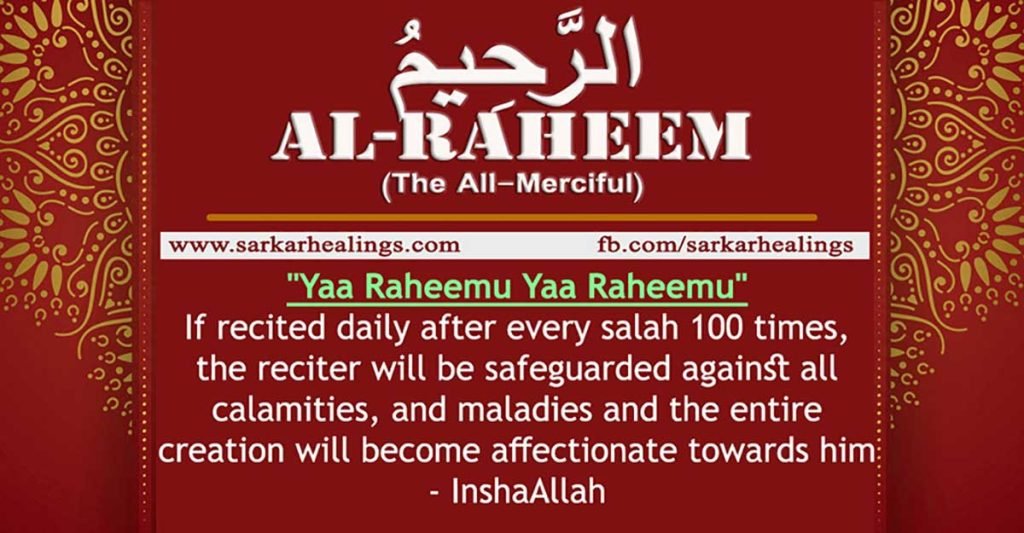Get the Best Muslim Names for Newborns: Following the Wisdom of Prophet Muhammad (PBUH)
In a world brimming with choices, finding the perfect name for your newborn is a decision that carries profound significance. As parents, we seek names that encapsulate meaning, values, and blessings for our little ones. The revered teachings of Prophet Muhammad (peace be upon him) provide a guiding light in this endeavor, urging us to select names that resonate with goodness and virtue. In this article, we delve into the cherished wisdom of the Prophet and explore the journey of discovering the best Muslim names for your newborn.
Introduction– Best Muslim Names
The birth of a child heralds a moment of immense joy and responsibility. Amidst the exhilaration, selecting a name becomes a central aspect of welcoming the new life into the world. For Muslim parents, this decision carries an added layer of significance, as names in Islam are not mere labels but carriers of meaning and purpose.
The Significance of Names in Islam
Names in Islam are a means of identification, a reflection of one’s character, and a source of blessings. A name holds the power to influence a person’s identity and destiny, shaping their life journey. It is, therefore, paramount to choose a name that carries positive connotations and embodies Islamic values.
The Guidance of Prophet Muhammad (PBUH)
The Prophet Muhammad (peace be upon him) emphasized the importance of selecting names that reflect the worship of Allah, express gratitude, and evoke humility. He advised against names with negative meanings or associations. The Prophet himself bestowed meaningful names upon his companions, setting a precedent for the ummah to follow.
Qualities to Look for in a Muslim Name
A name should encapsulate virtues such as piety, kindness, resilience, and gratitude. It should inspire the bearer to live a life in accordance with Islamic principles and moral values. A name’s sound and meaning should resonate harmoniously, creating a positive impact on both the individual and the community.
A Collection of Meaningful Best Muslim Names
Here are some meaningful Muslim names that embody qualities of righteousness, humility, and devotion:
- Zayd: Meaning “growth” or “abundance,” it signifies a flourishing life dedicated to goodness.
- Amina: Evoking “trustworthiness” and “faithfulness,” it reflects a steadfast and reliable character.
- Ibrahim: A name associated with Prophet Abraham, symbolizing unwavering faith and submission to Allah.
- Ayesha: Representing “life” and “vivacity,” it embodies a lively and energetic spirit.
- Yusuf: Meaning “God increases” or “He will add,” it signifies blessings and prosperity.
Embracing Tradition and Modernity
While drawing from the rich Islamic tradition of names, modern parents also seek names that resonate with contemporary life. Striking a balance between tradition and modernity ensures that the name remains relevant and carries enduring significance.
Choosing a Name: A Personal and Spiritual Endeavor
The process of choosing a name involves introspection and supplication. Seeking Allah’s guidance through prayer and reflection aligns this decision with spiritual values and invokes divine blessings for the child’s future.
Ensuring Cultural Relevance
Muslim communities span diverse cultures and languages. While selecting a name, considering its pronunciation and meaning in different languages ensures cultural inclusivity and ease of communication.
Celebrating Identity Through Names
A name is a celebration of identity, connecting the child to their family heritage and Islamic legacy. It fosters a sense of belonging and pride in one’s faith.
Bestowing Blessings and Virtues
Prophet Muhammad taught that a good name can influence one’s character and destiny. A name chosen with care and intention can serve as a source of blessings and a reminder of virtues to uphold.
Nurturing a Positive Destiny
The name a child carries can shape their aspirations and actions. A name that embodies values of compassion, resilience, and justice can guide the individual towards a positive and impactful life journey.
Sharing the Joy of Naming
The process of selecting a name can be a collective family endeavor, fostering unity and joy. Involving loved ones in the decision creates a sense of community and shared responsibility.
The Name as a Lifelong Companion
Throughout life, one’s name is a constant companion, spoken and heard countless times. Choosing a name that resonates with beauty and meaning ensures a lifelong source of inspiration.
Conclusion-Best Muslim Names
In honoring the teachings of Prophet Muhammad (peace be upon him), Muslim parents embark on a sacred journey when selecting a name for their newborn. The name becomes a beacon of virtue, a symbol of identity, and a legacy of faith. As parents, we have the privilege and responsibility to choose names that reflect our devotion to Allah and our aspirations for the child’s future. In doing so, we embrace the profound wisdom of the Prophet and weave his teachings into the very fabric of our family’s legacy.
FAQs
- Q: Can I combine traditional and modern names for my child? A: Absolutely! Combining names from Islamic tradition with modern names can create a unique and meaningful choice.
- Q: Are there names specifically recommended in the Hadith? A: While specific names aren’t mandated, the Hadith emphasize choosing names with positive meanings and avoiding those with negative connotations.
- Q: How do I ensure the name’s pronunciation works across different languages? A: Consult with native speakers of various languages to ensure the chosen name is easily pronounceable and retains its positive meaning.
- Q: Can I change my child’s name later in life? A: While it’s possible, the name chosen at birth becomes an integral part of one’s identity. It’s best to select a name thoughtfully from the beginning.
- Q: Can I use names from other cultures if they have positive meanings? A: Yes, names from different cultures can be chosen if their meanings align with Islamic values and hold positive significance.



